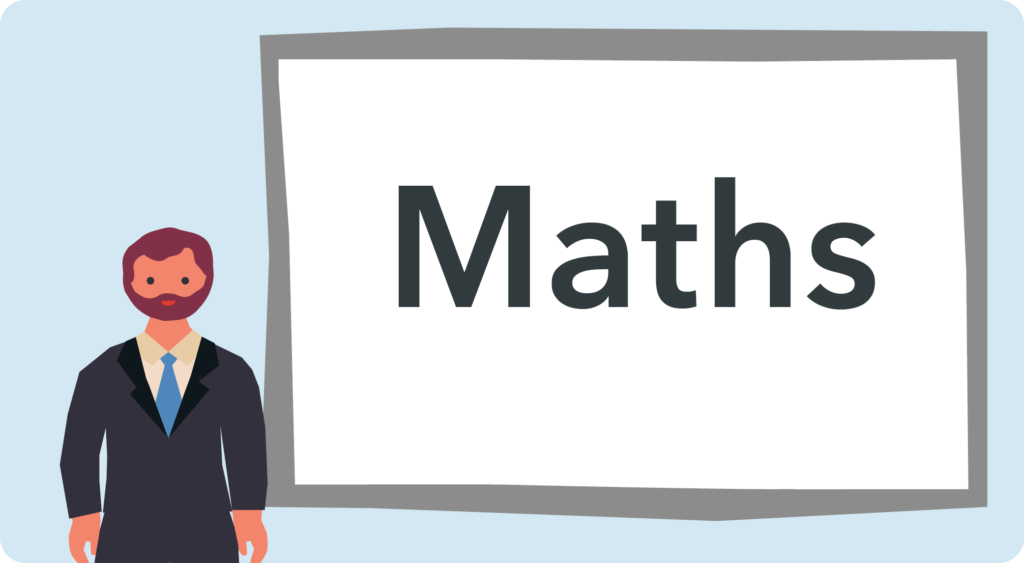Maths
Find out what we are working on in Maths!
We want our children to leave school with a love of maths. We aim for them to have a toolkit packed with knowledge and skills that will equip them to be resilient and successful in their future.

Our aim is to deliver a rich and engaging maths curriculum so that all children can understand and appreciate the relationships between mathematical concepts and their application in real life situations.
Using mathematical concepts children can begin to make sense of the world around them through developing their ability to calculate, to reason and to solve problems.
We use a range of resources from providers such as White Rose Maths to ensure we embed a mastery based approach which encourage children to secure their understanding of a concept before using and applying it diversely.
A combination of maths techniques are used:
Concrete – Using a practical hands-on approach to visualising models of maths using objects and mathematical equipment as support.
Pictorial – Showing the maths; we draw it and represent it in a variety ways to visually explain the process.
Abstract – Turning the maths back into the numerical, functional methods we recognise. Understanding the fundamentals of maths our children can then apply it in formal written methods.
We take steps to ensure children are developing arithmetic knowledge by delivering a daily session to consolidate and extend the recall of multiplication facts, rapid recognition of number patterns and securing a deep understanding of all four operations.
For years 1 to 6, teaching of mathematics follows the White Rose Maths schemes of work, which ensures that the children cover the National Curriculum Primary Maths programmes of study. Their rationale states:
‘We’re achieving this by building confidence, resilience and a passion for maths. We’re showing that whatever your prior experience or preconceptions, maths is an exciting adventure that everyone can enjoy, value and master!’
A variety of assessments are used to inform and develop teaching and learning through ‘Assessment for Learning’, which includes the use of questioning, observation and marking. Children’s attainment in standardised tests (years 1-6) identify gaps in learning and therefore inform next steps in teaching. National statutory end-of-key stage summative assessments take place for year 2 and year 6. In 2020 Year 4 will also be assessed through an online Multiplication tables Check test. In the EYFS, children’s achievements are tracked against the Early Learning Goals for mathematics.
The impact of our maths curriculum is measured through ongoing monitoring as well as outcomes from summative assessments. The monitoring of our teaching is primarily done by the maths subject leader and the SLT team. At Co-op Academy Smithies Moor we also participate in in-depth Pupil Progress meetings, where each child’s attainment and progress is reviewed.
